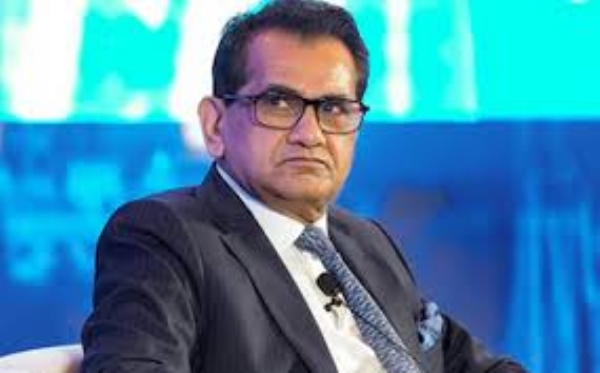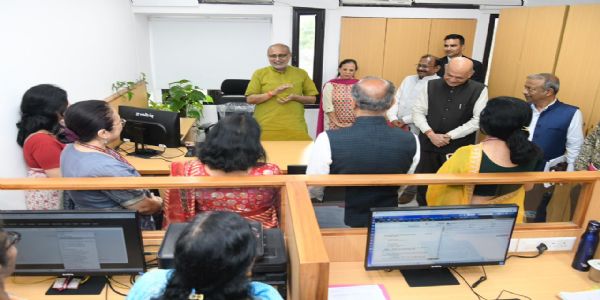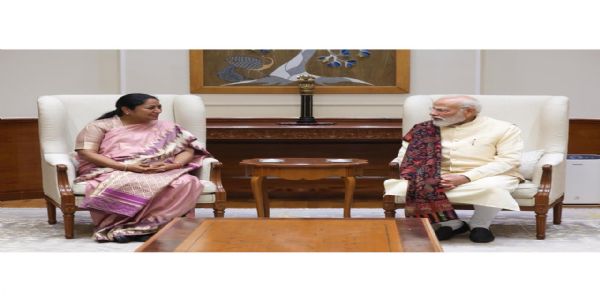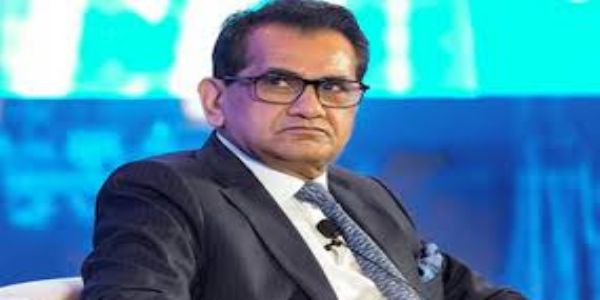
Delhi, 21 October (H.S.): Former NITI Aayog CEO and G20 Sherpa Amitabh Kant has delivered a scathing critique of Delhi’s deteriorating air quality, warning that the city faces a “health and environmental catastrophe” unless pollution control measures are executed with “ruthless and sustained” determination.
Kant’s comments came as the national capital woke up to a thick, toxic haze on Tuesday morning, following widespread violations of the Supreme Court’s time restrictions on Diwali firecrackers. According to the Central Pollution Control Board (CPCB), Delhi’s Air Quality Index (AQI) stood at 357 at 1 pm, placing it firmly in the ‘very poor’ category.
“Delhi’s air quality lies in shambles — 36 out of 38 monitoring stations are in the red zone, with AQI above 400 in several areas,” Kant wrote on X. “The Hon’ble Supreme Court in its wisdom has prioritised the right to burn crackers over the right to live and breathe. If Los Angeles, Beijing, and London can clean their air, why can’t Delhi? Only ruthless and sustained execution can save Delhi from this catastrophe.”
Kant’s remarks refer to the Supreme Court’s recent decision to lift the blanket ban on firecrackers and allow “green crackers” within limited time slots — 6–7 am and 8–10 pm — citing the need for a “balanced approach.” However, large parts of Delhi-NCR witnessed crackers bursting past midnight, worsening the post-Diwali pollution levels.
Calling for an integrated strategy, Kant urged for a unified action plan that includes:
-
Ending crop and biomass burning,
-
Shutting or modernising thermal power plants and brick kilns with cleaner technology,
-
Transitioning all transport to electric by 2030,
-
Enforcing strict dust and waste control, and
-
Redesigning Delhi around green, walkable, and transit-focused urban living.
“Only decisive and relentless action can bring back Delhi’s blue skies,” he added.
Meanwhile, visuals from across the city showed dense smog blanketing roads and monuments, triggering another wave of debate on social media. While many blamed firecrackers for the toxic air, others pointed fingers at stubble burning in neighbouring states, arguing that Diwali celebrations were being unfairly targeted.
---------------
Hindusthan Samachar / Jun Sarkar








